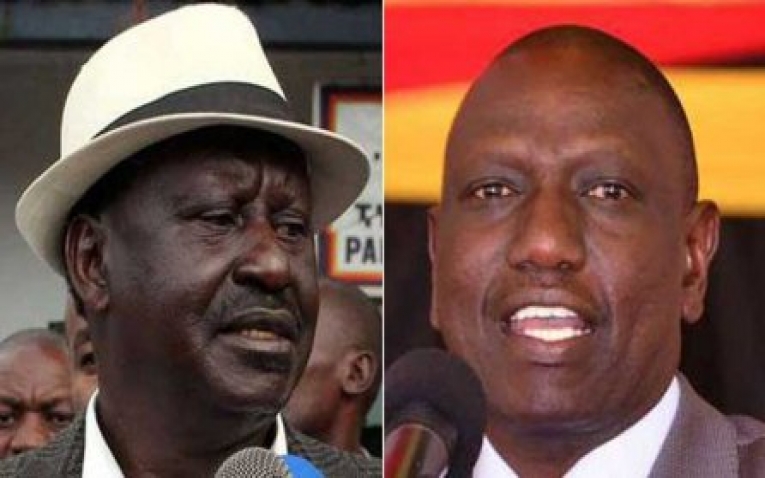×
The Standard e-Paper
Fearless, Trusted News

Politicians outside Mt. Kenya region may be manipulating the region’s politics to ensure that the vote-rich region fails to have a common direction come 2022 and influence its break up along the Central - Embu, Tharaka Nithi and Meru axis.
Such a break-up will mean the region’s influence in national politics is tamed, a move meant to benefit those with intentions of growing support independent of Mt. Kenya vote bloc and weakening its bargaining power at the national table.